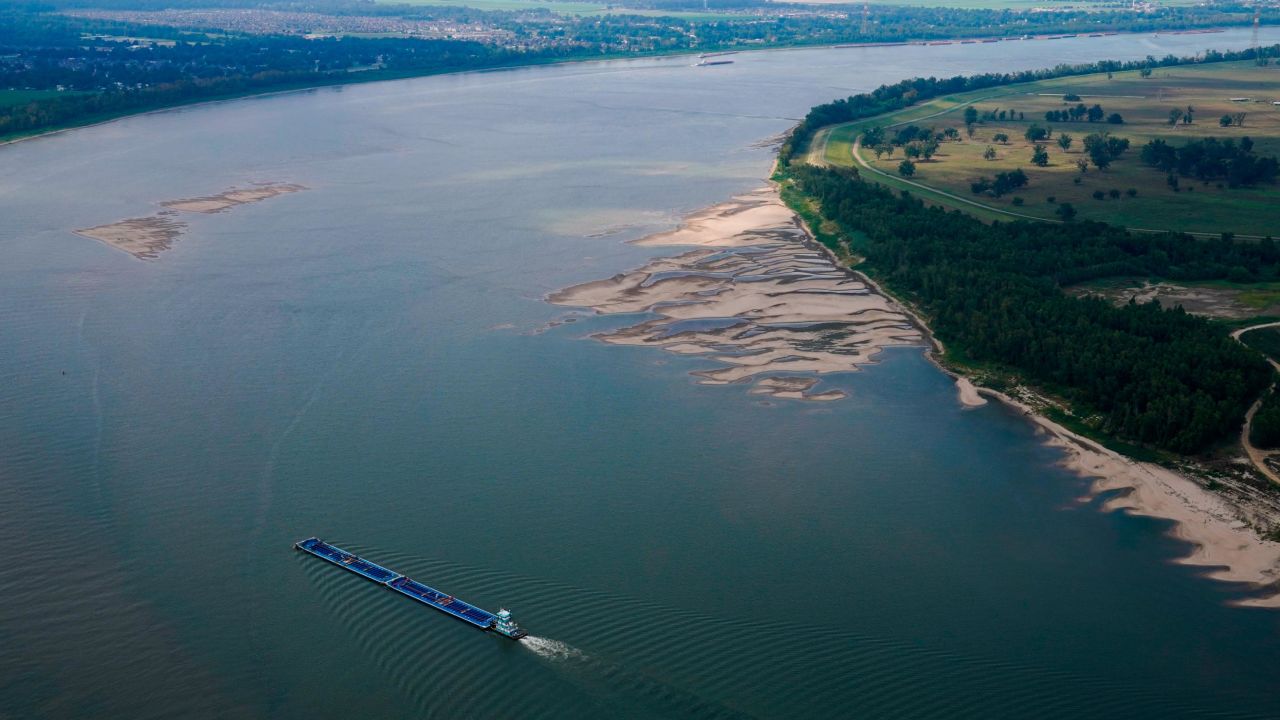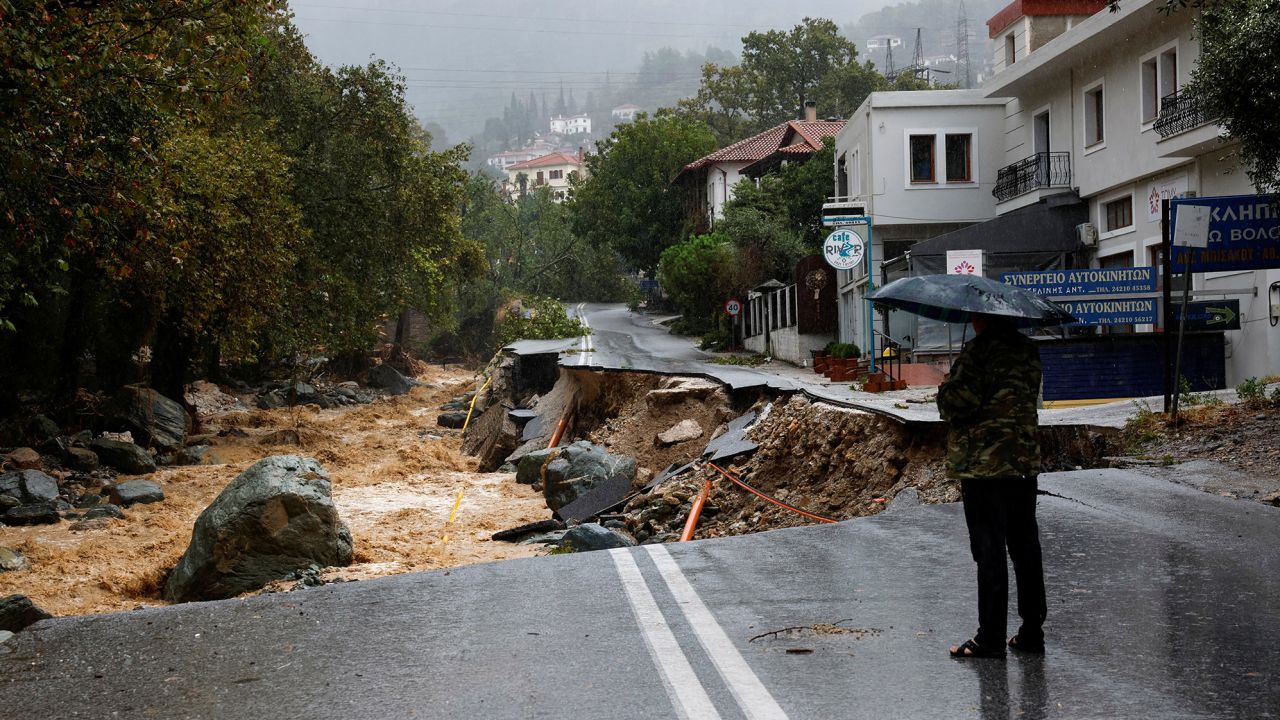Brandon Miller - Supervising Producer, Meteorologist & Climate Crisis Beat Leader
Brandon Miller
Supervising Producer, Meteorologist & Climate Crisis Beat Leader

Latest






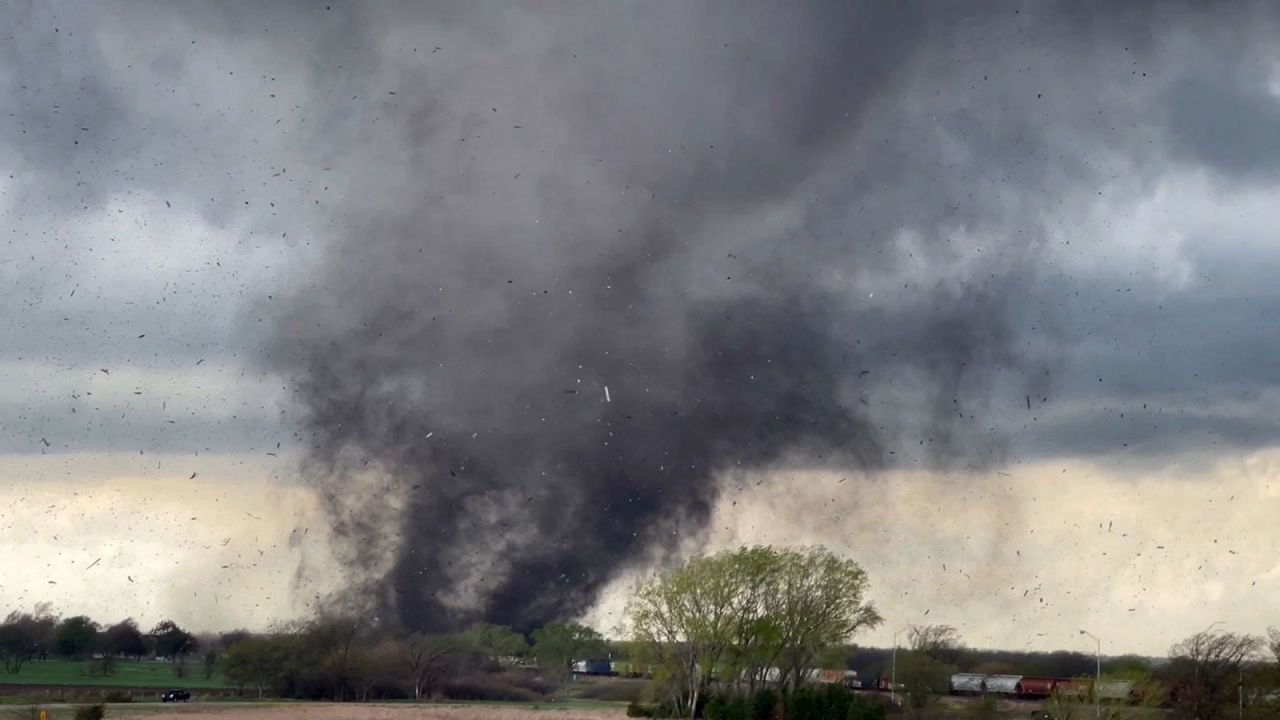
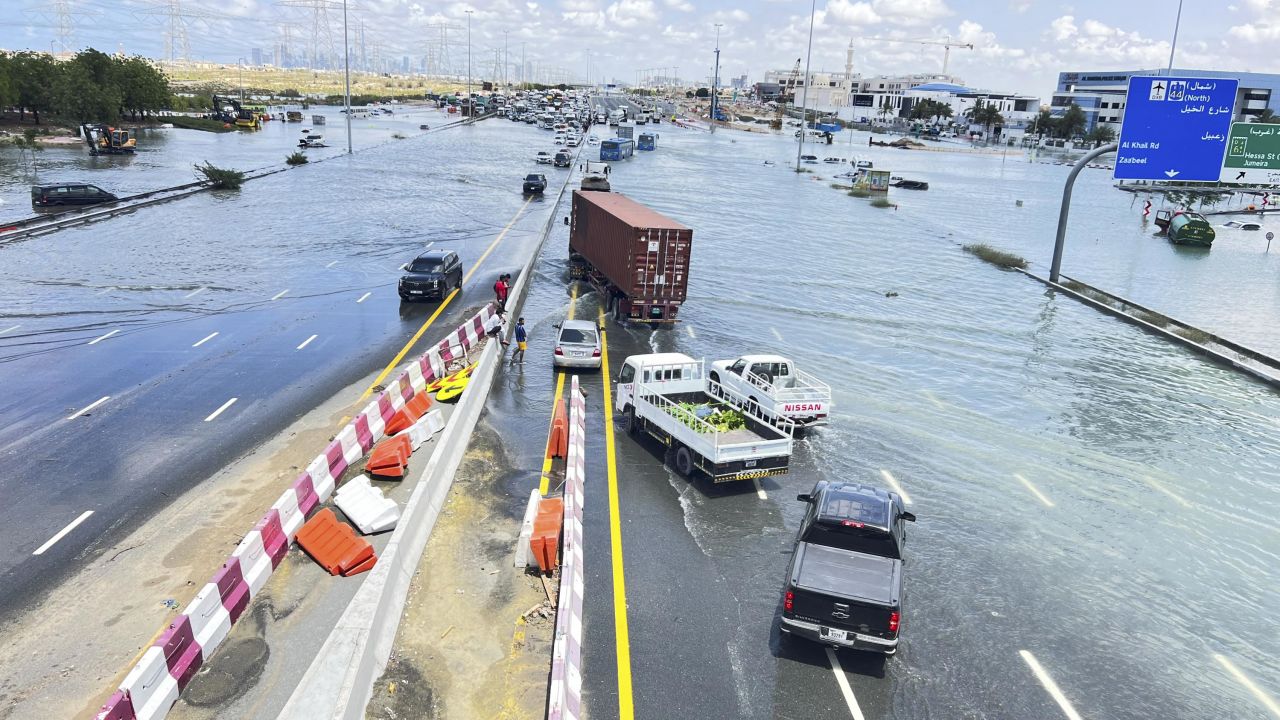
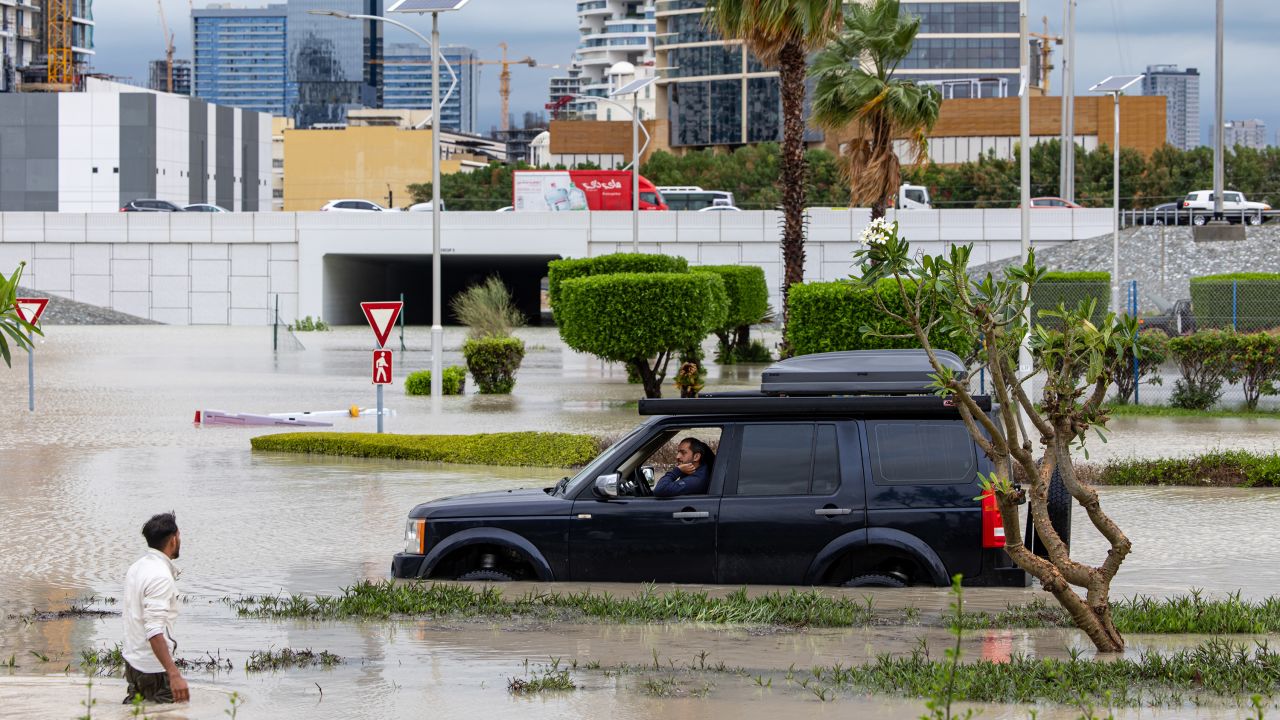
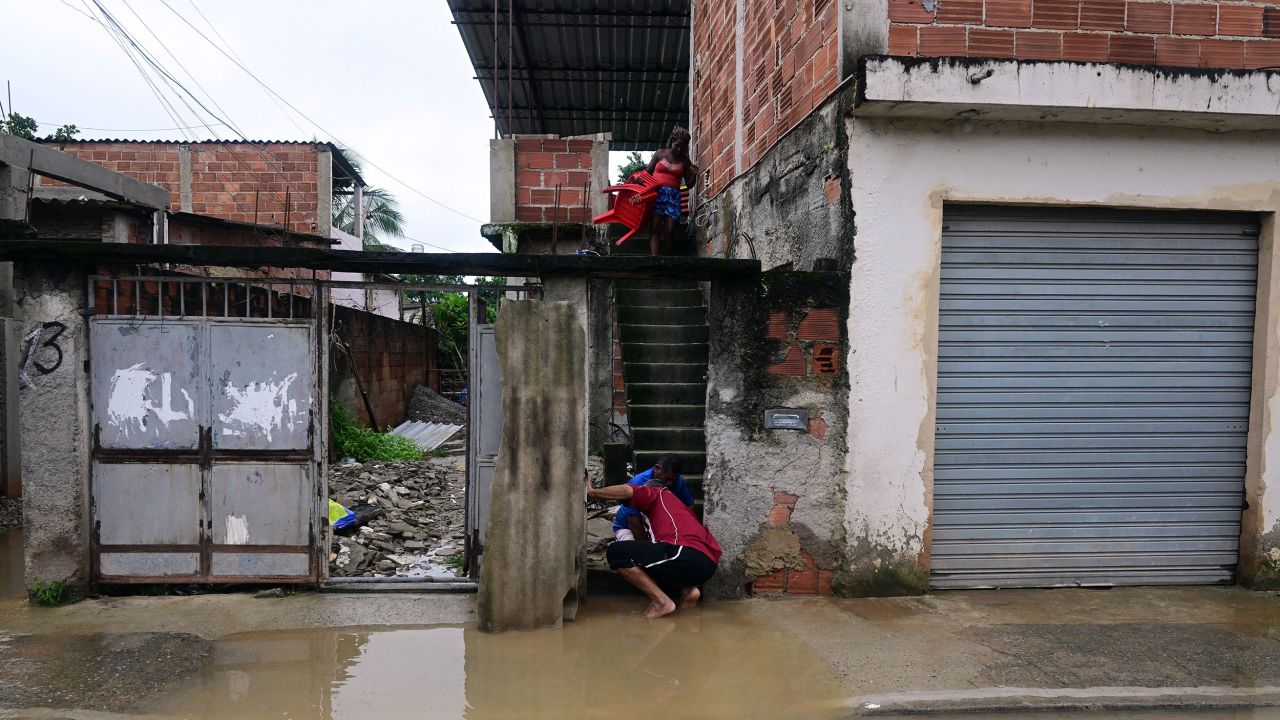
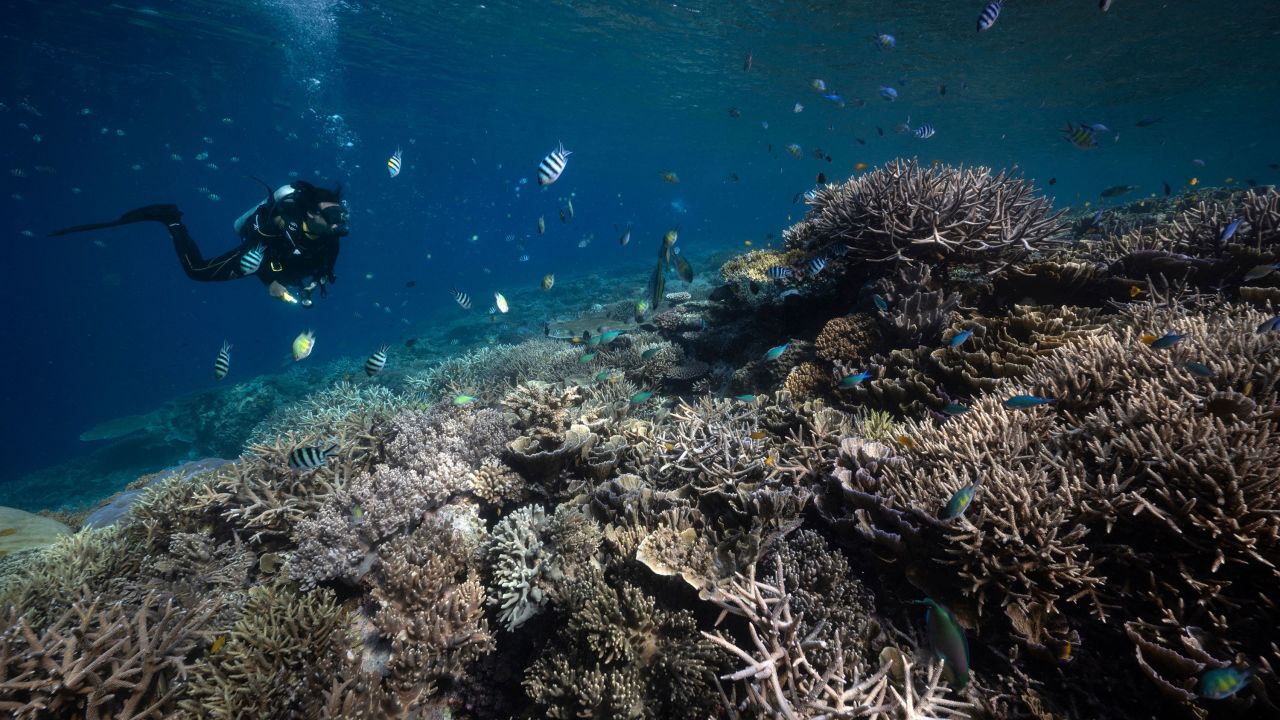
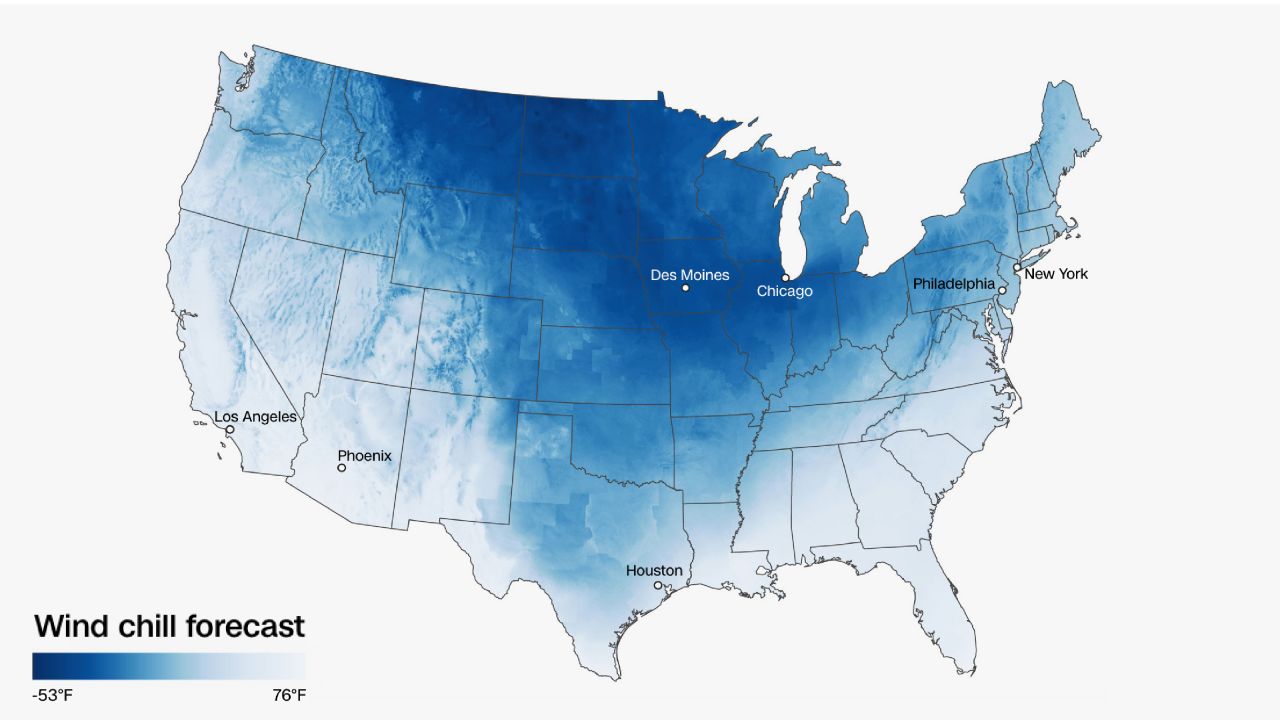

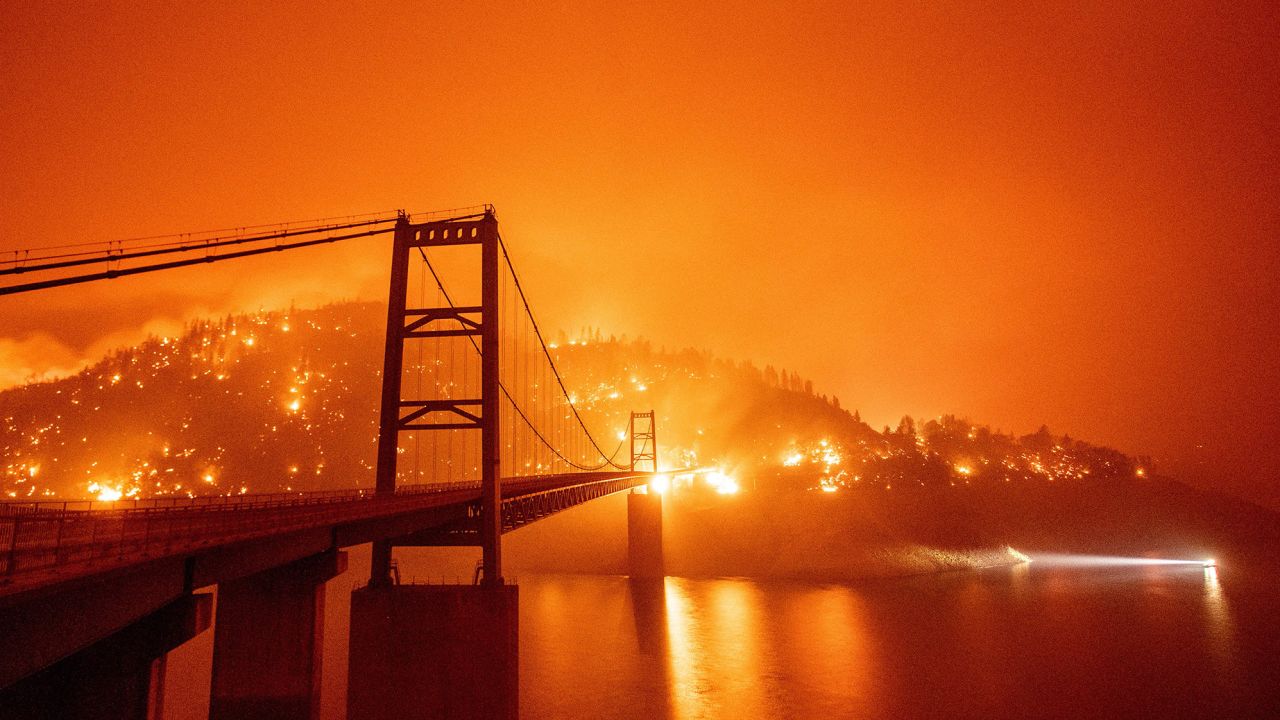
About
Brandon Miller is a meteorologist and supervising weather producer for CNN, responsible for managing CNN’s Climate and Weather teams.
He also leads the Climate Crisis Beat at CNN, responsible for keeping CNN Worldwide TV and Digital at the forefront of one of the most urgent crises of our time.
Focused on keeping the coverage grounded in the latest science, Miller navigates climate stories that hit a variety of topics important to CNN’s core audience including, politics, business, international affairs, and of course, extreme weather.
He guided CNN’s award-winning coverage of Super Typhoon Haiyan in the Philippines, as well as the 2011 devastating earthquake and tsunami in Japan.
After years of covering countless extreme weather events around the globe and seeing first-hand the fingerprint of climate change, Miller became passionate about communicating the urgent risks associated with continued warming of the planet. He headed the CNN International initiative “Living with Climate Change,” which included covering the major IPCC climate reports in 2013 and 2014 on CNN, CNN International, and on CNN.com.
In 2020 Miller returned to his Alma Mater, Georgia Tech, to teach a course in Earth Science and Climate Communications. Drawing on his experience in the field and his education background from the Institute, he is able to share traditional science communication techniques combined with the latest digital journalism to prepare students to become better communicators of the science, no matter what type of field within the science they plan to pursue.
Miller began his career at CNN in 2003 as an intern with CNN Weather, while still an undergraduate at Georgia Tech. After completing his Master’s Degree in Earth and Atmospheric Science at Georgia Tech, he stayed with CNN in Atlanta and joined the World Weather Department in 2008.
When Miller is not covering the weather, he likes to be out in it, playing golf or spending time outdoors with his family. You might also find him on a small rural road in Oklahoma, trying to catch a not-too-close view of a tornado.
